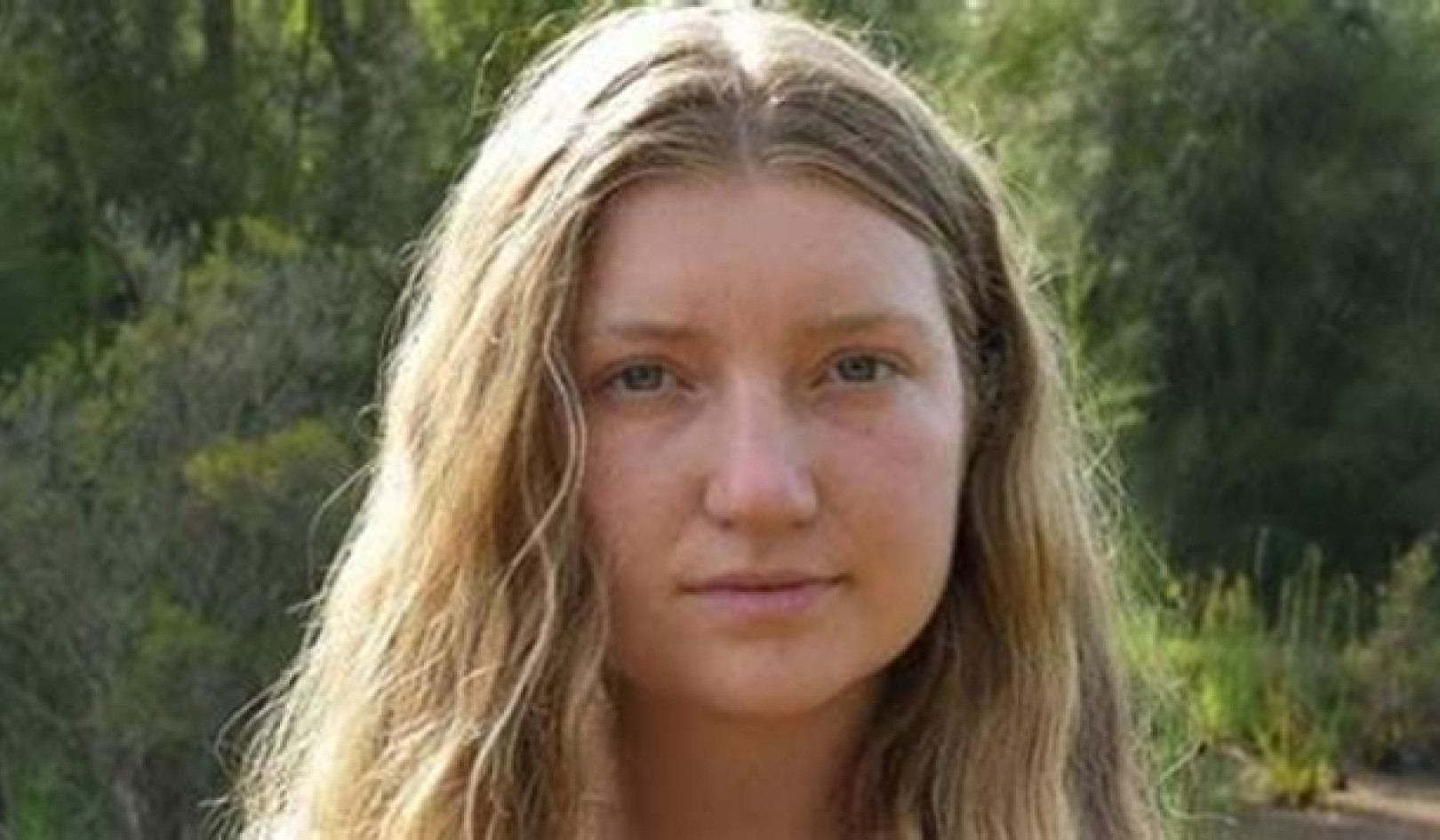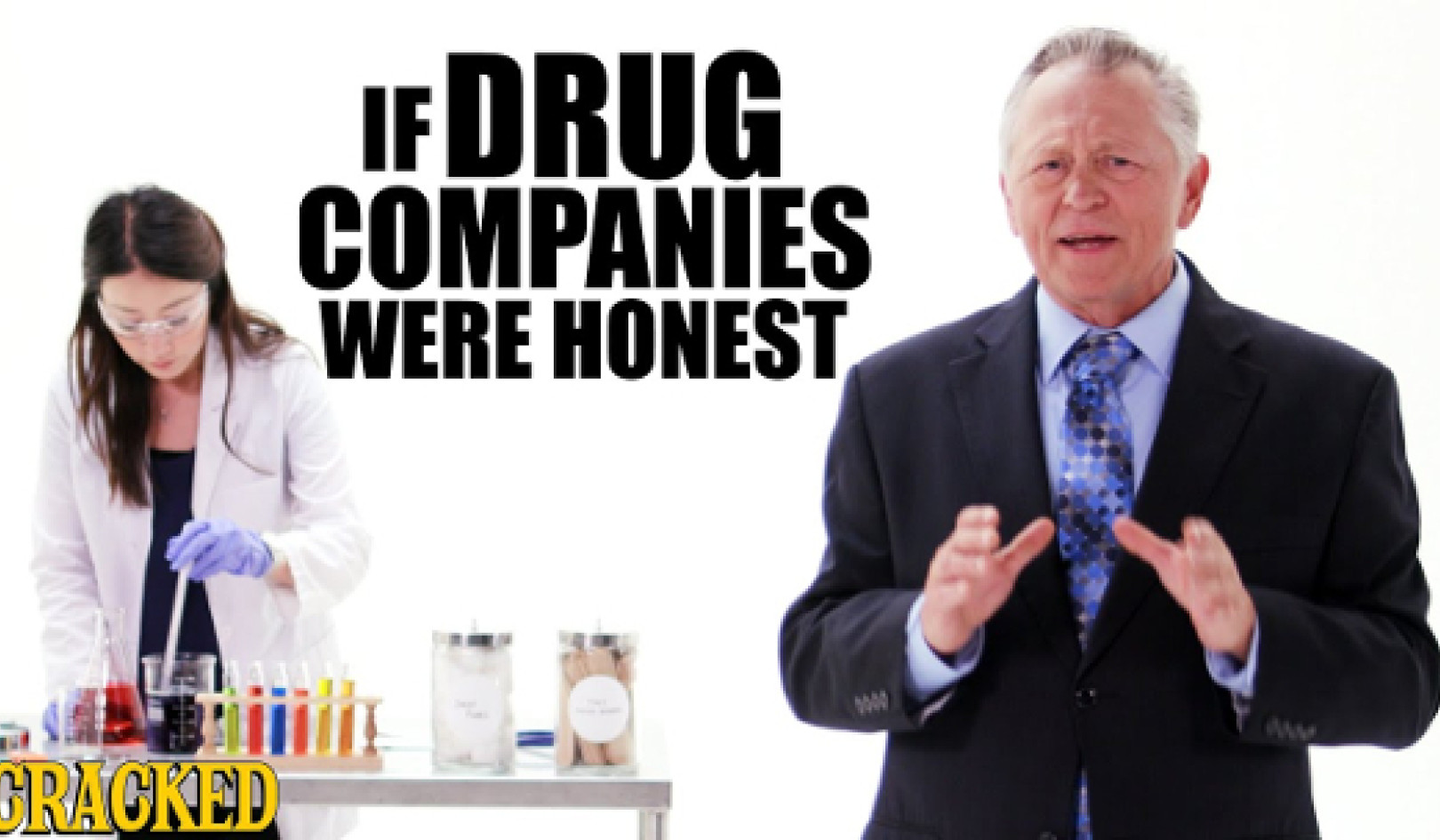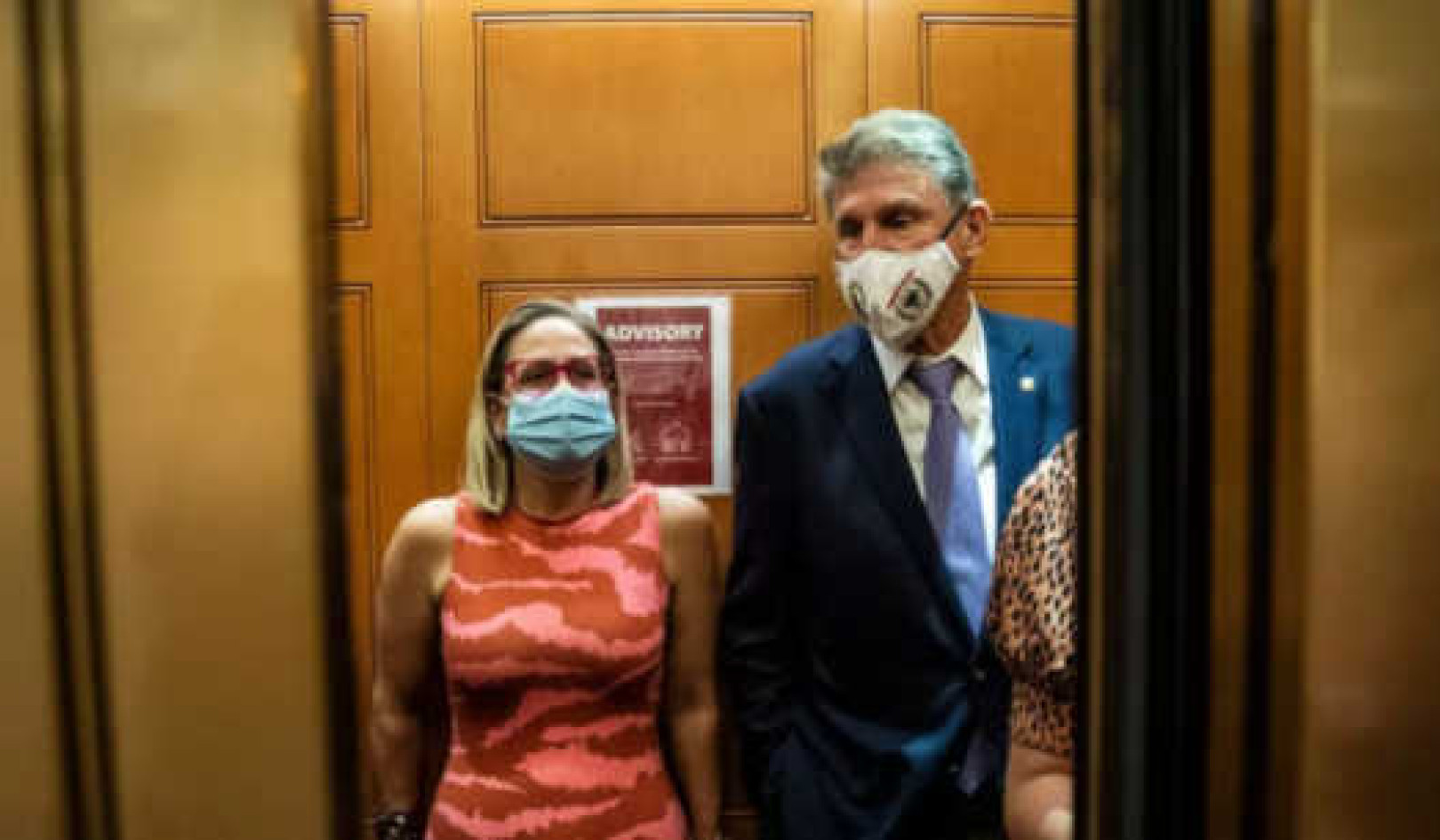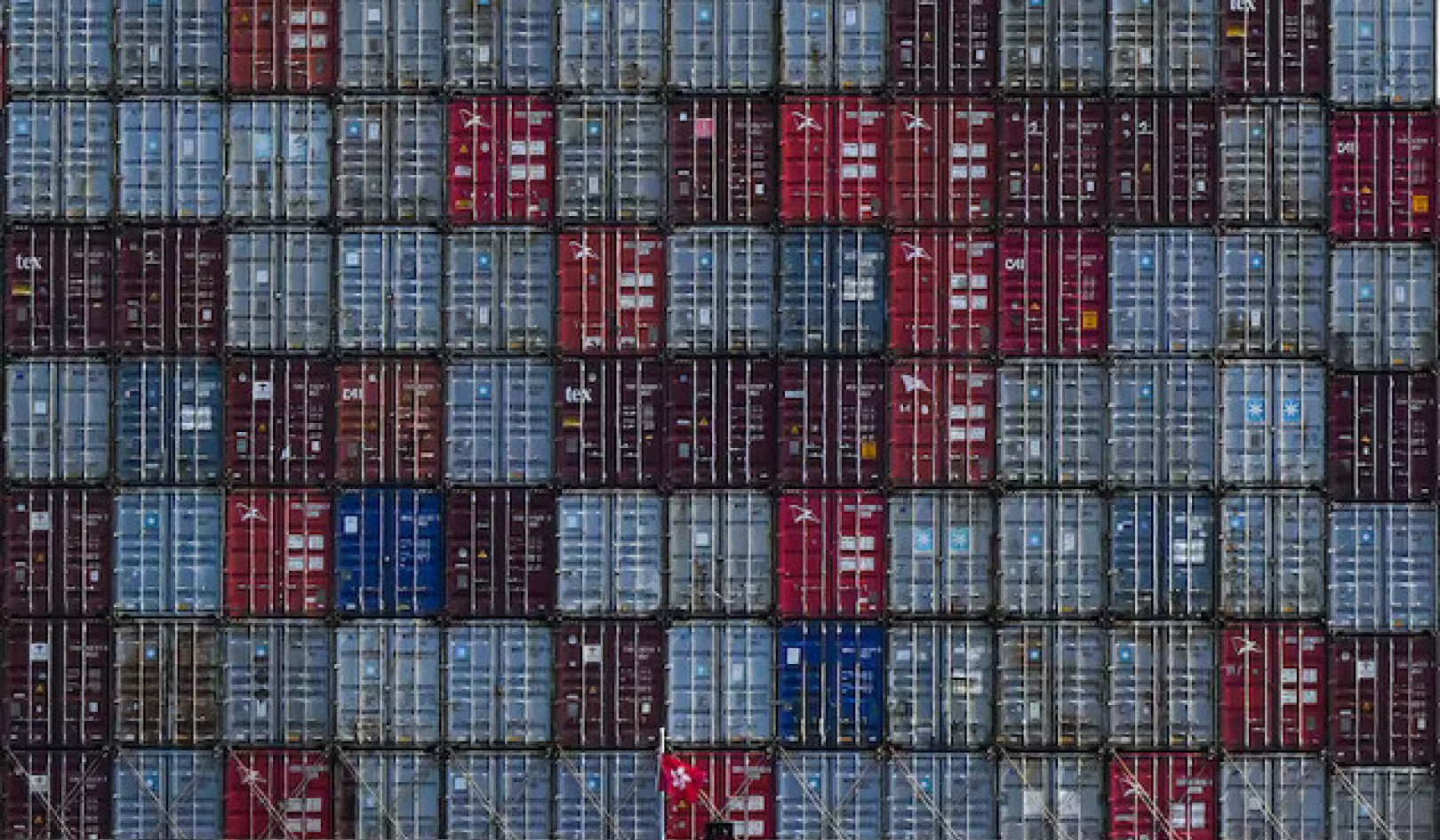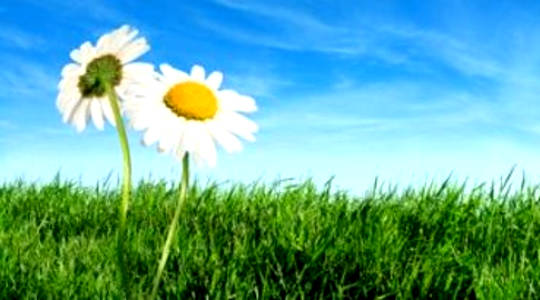
We woke up in this world that cannot be sustained.
What a heavy realization that is.
There's so much good in our lives and our world, from the joy of being with our friends and family to the flourishing of science and the spread of democracy and racial equality over the last several centuries. At the same time expectations and accepted behavior have formed around a consumerist and corporate way of life that profoundly jeopardizes our very home.
At this critical turning point we need to be as flexible and exploratory as possible, yet the momentum of the juggernaut of unquestioning conformity embedded in our laws and mores has created a rigidity that impedes us. We pride ourselves on our ability to adapt and our love of the pioneer and small businessperson, yet we walk around in a trance while those who struggle against the forces that would destroy us face endless red tape, detrimental laws and ridicule.
Our Rigidity is the Greatest Threat to Our Survival
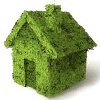 Rigidity in our beliefs and behaviors is the greatest threat to our own survival and the survival of all that we've come to love in civilization. We need to learn to bend in order not to break.
Rigidity in our beliefs and behaviors is the greatest threat to our own survival and the survival of all that we've come to love in civilization. We need to learn to bend in order not to break.
When I asked Scott Kellogg if he thought there was any way Rhizome* would have happened if it had tried to be legit from the start, he said, "No way". Their holistic approach was too encompassing, and would have required too many variances to too many laws, meaning way too much time and money, to get off the ground.
(*The Rhizome Collective is a thriving Center for Community Organizing and Educational Center for Urban Sustainability in Austin, Texas.)
Ultimately, the question we have to ask is if our systems of politics and economy are flexible enough to become sustainable, because if they aren't, we have to figure out how to get rid of them and replace them with systems that can be.
Not Knowing the Answers -- Living the Questions
In Letters to a Young Poet, Rainer Maria Rilke gives some famous advice to the young novice, just out of adolescence, who has written him with his doubts and worries: in times of great change you don't get to know the answers, all you can do is live the questions.
This is a personal struggle I've gone through myself. I've always wanted to have a ready answer, partly, I think, just so I wouldn't go crazy with so much uncertainty. But nothing in life is ever settled, especially in the days we now live in.
What a noble pursuit to dive into the seeming abyss of ignorance and misunderstanding and try to make sense and find an answer for what appears unknowable or even impossible. It's amazing to be engaged in such a pursuit, with new doorways forever opening that you could never have foreseen one or two rooms back, and realize that the path you are on is a meaningful life, even if you never get to the end.
Things will get better, in increments, if we do, and if we live the questions that now seem so daunting and overwhelming. We are all fighting for life, and the only constant of the cycle of life is change.
©2011 by Stephen Hren. All rights reserved.
Reprinted with permission of the publisher,
New Society Publishers. http://newsociety.com
Article Source
Tales From the Sustainable Underground: A Wild Journey with People Who Care More About the Planet Than the Law
by Stephen Hren.
 Activists striving for any type of social change often find themselves operating on the fringes of legal and social norms. Many experience difficulties when their innovative ideas run afoul of antiquated laws and regulations that favor a big business energy- and material-intensive approach. Tales From the Sustainable Underground is packed with the stories of just some of these pioneers — who care more for the planet than the rules — whether they're engaged in natural building, permaculture, community development, or ecologically based art.
Activists striving for any type of social change often find themselves operating on the fringes of legal and social norms. Many experience difficulties when their innovative ideas run afoul of antiquated laws and regulations that favor a big business energy- and material-intensive approach. Tales From the Sustainable Underground is packed with the stories of just some of these pioneers — who care more for the planet than the rules — whether they're engaged in natural building, permaculture, community development, or ecologically based art.
Click here for more info and/or to order this book.
About the Author
 Stephen Hren is a restoration carpenter, builder and teacher who specializes in sustainable design and passive and active solar heating technologies. Along the way Stephen has helped to start a local food co-op and an edible landscaping collective, and retrofitted an existing home to not use any fossil fuels. He is the co-author of The Carbon-Free Home and A Solar Buyer's Guide for the Home and Office.
Stephen Hren is a restoration carpenter, builder and teacher who specializes in sustainable design and passive and active solar heating technologies. Along the way Stephen has helped to start a local food co-op and an edible landscaping collective, and retrofitted an existing home to not use any fossil fuels. He is the co-author of The Carbon-Free Home and A Solar Buyer's Guide for the Home and Office.



















